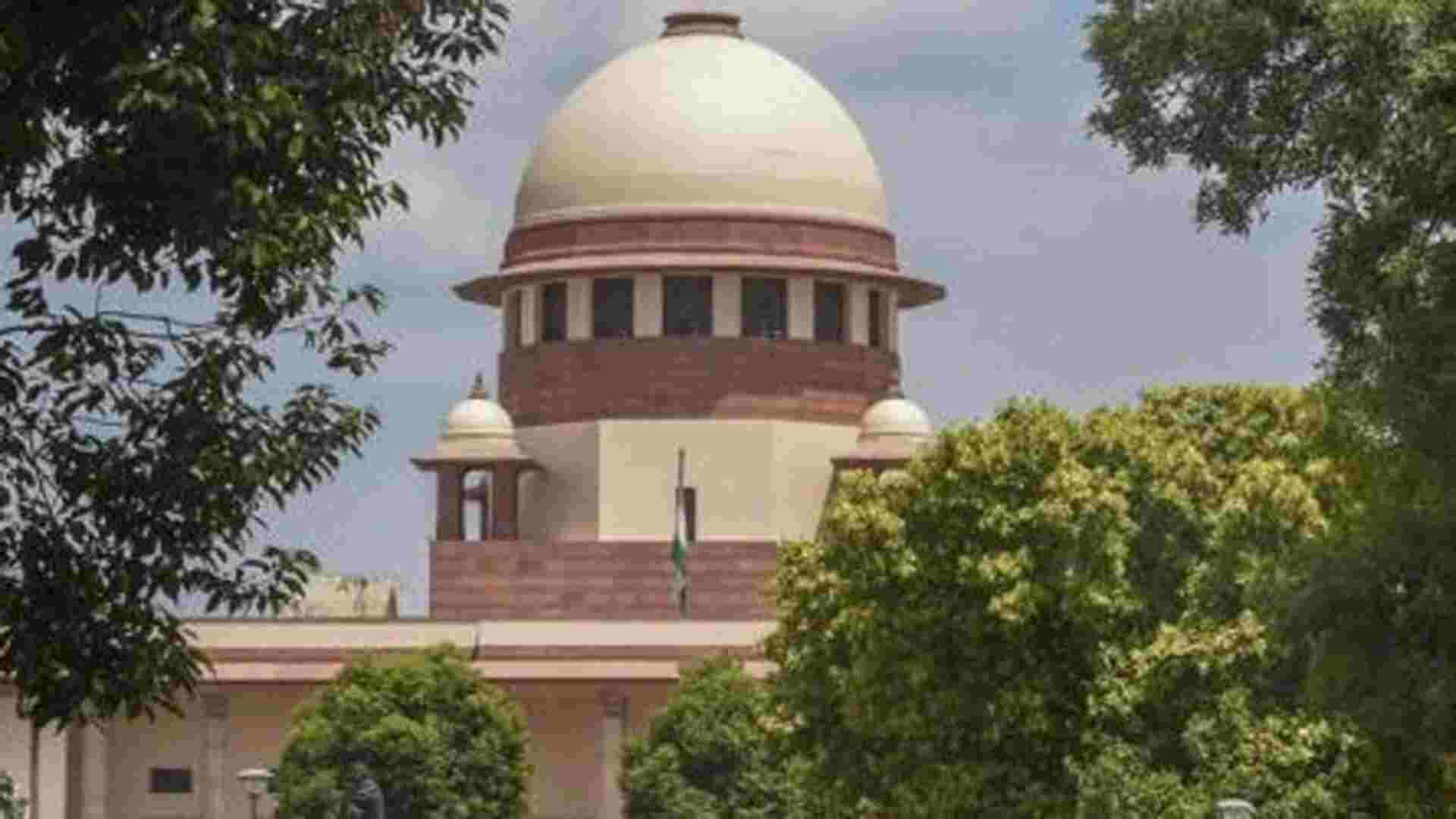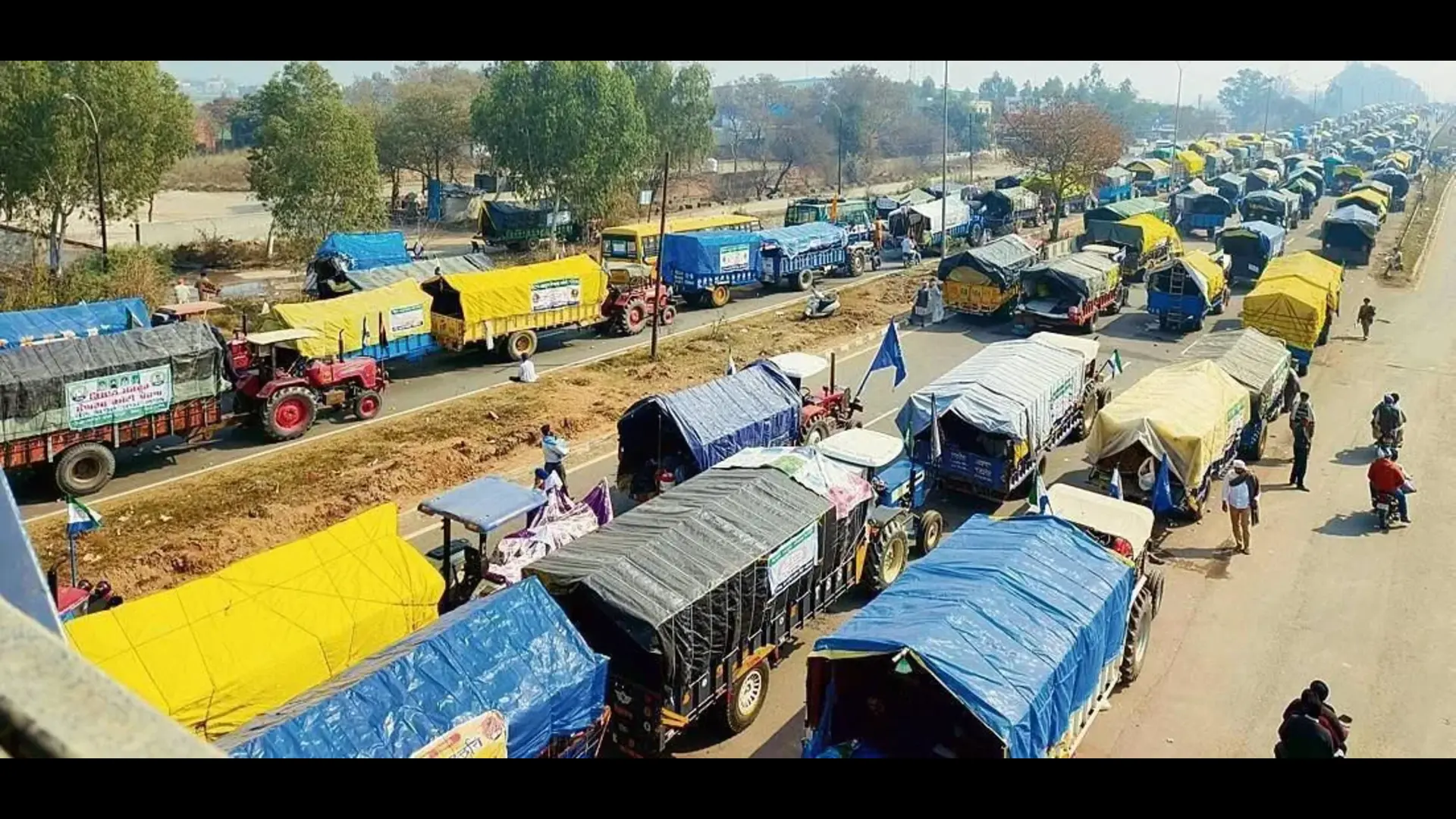On Wednesday, the Supreme Court decided not to intervene in the National Medical Commission’s (NMC) choice to forgo the NEET-Super Speciality Exam (NEET-SS) 2024 this year.
The bench, consisting of Chief Justice of India (CJI) Dhananjaya Y Chandrachud, and Justices JB Pardiwala and Manoj Misra, reviewed data provided by the NMC, which showed that approximately 40% of NEET-SS candidates are from the most recent graduating cohort. The court acknowledged that postponing the exam to next year would not unduly harm the petitioners, who had previously attempted the NEET-SS, but would instead benefit students from the 2021 post-graduate batch. These students are expected to complete their courses only by January 2025, and postponing the exam would provide them with the opportunity to participate.
The court found the NMC’s decision to be “fairly equitable” and not “arbitrary,” given the circumstances. However, it also accepted the petitioners’ request for the NMC to promptly establish a schedule for the NEET-SS 2024 exam. The bench instructed that this schedule be announced within 30 days, considering the number of students finishing their PG courses in January 2025, and that the exam be conducted within three months of January 2025.
The case was brought before the Supreme Court by thirteen doctors challenging the NMC’s decision to delay the NEET-SS 2024. The NMC justified the postponement due to delays in admissions for MD, MS, and DMB courses caused by the COVID-19 pandemic, which led to course completions being pushed to January 2025.
Advocate Rashmi Nandkumar, representing the petitioners, contended that only 40% of the Super Speciality course students are from the latest PG batch. She argued that cancelling the NEET-SS this year was arbitrary, as it would deprive the remaining 60% of students of their chance to appear.
In response, senior advocate Gaurav Sharma, representing the NMC, argued that holding the NEET-SS this year would disadvantage students from the 2021 PG batch by denying them the opportunity to sit for the exam.
While recognizing the inconvenience faced by the petitioners, the bench underscored the necessity of balancing this hardship with the broader concerns raised by the NMC.







